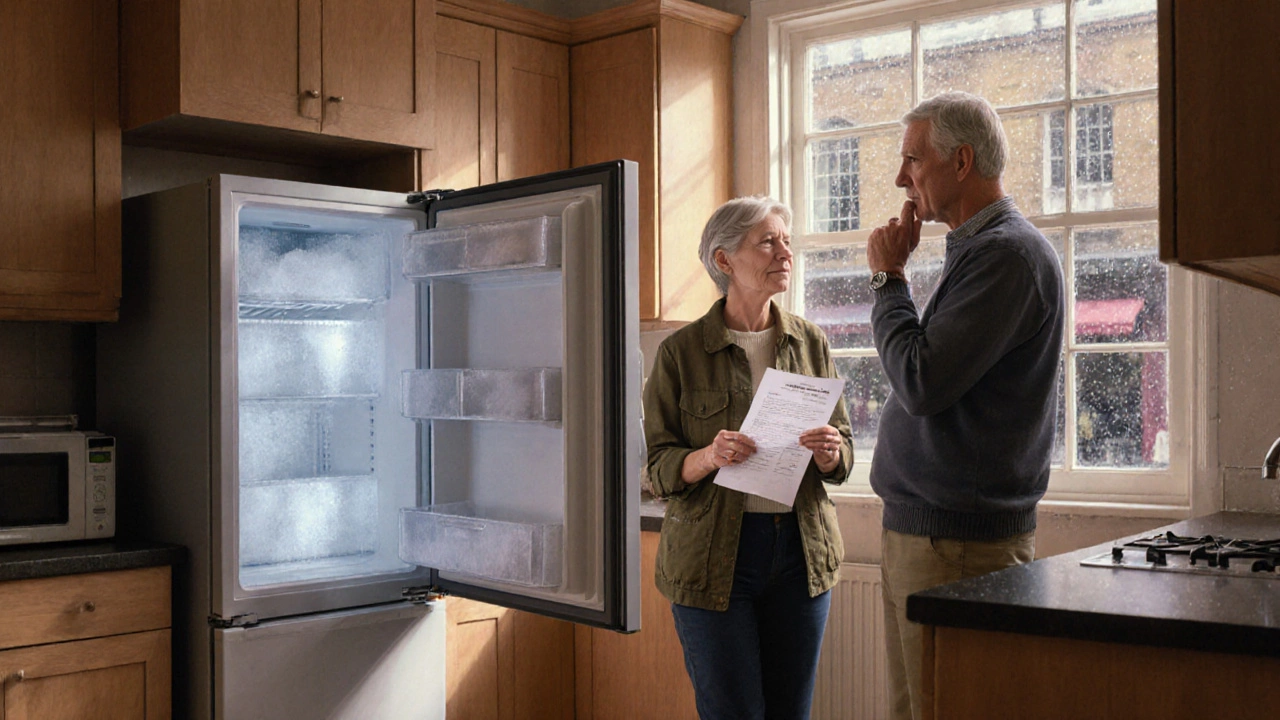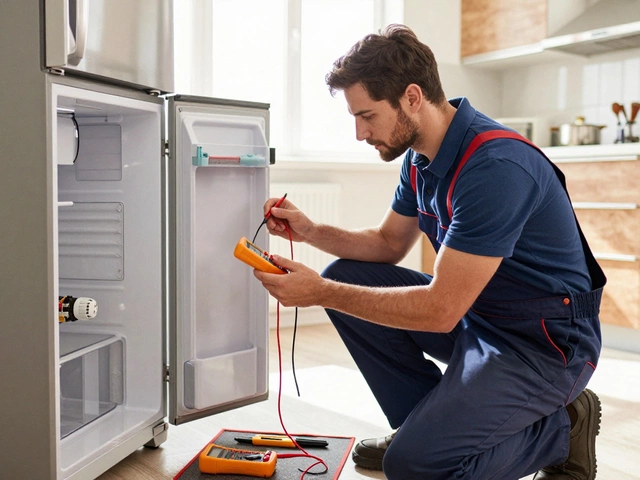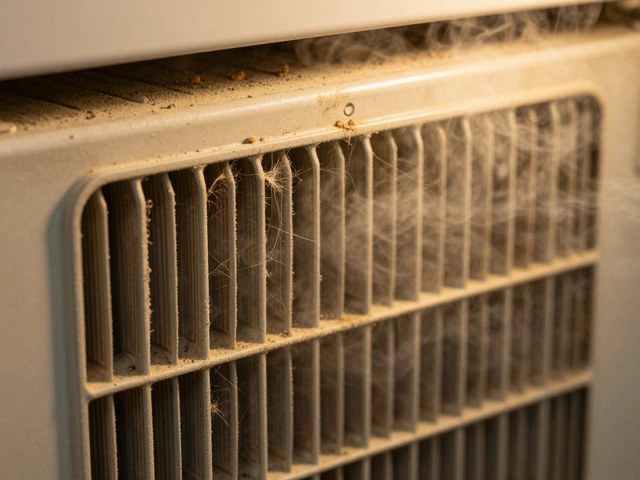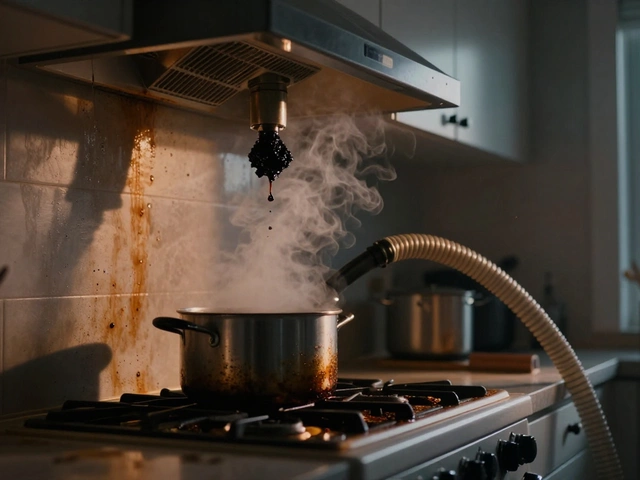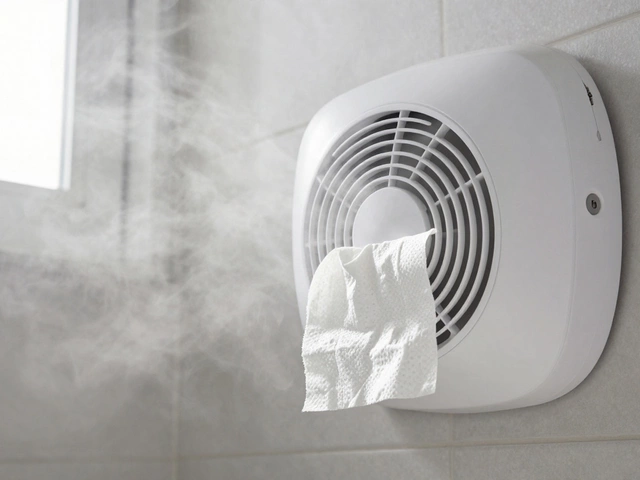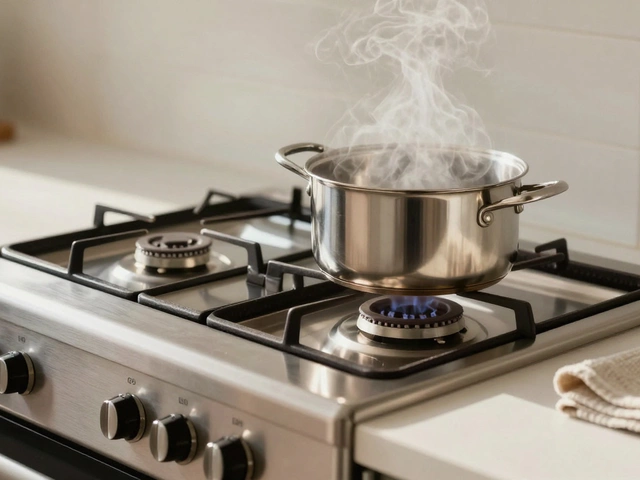Freezer Repair vs Replace: Your Simple Guide
Got a freezer that’s making weird noises or not staying cold? Before you rush out and order a brand‑new fridge‑freezer, take a quick look at the real cost of fixing it versus swapping it out. The decision isn’t just about price – it’s also about energy bills, how long the unit will last, and how much hassle you’re willing to handle.
How to Spot a Repairable Problem
First, listen. A humming motor that suddenly stops or a rattling sound often means a simple part has failed – maybe a fan blade or the thermostat. Next, check the temperature dial. If it’s stuck or the freezer stays above 0°F, the thermostat or the defrost timer could be the culprit. Most of these parts cost between £30 and £80 and a technician can replace them in under an hour.
Inspect the door seal. A torn gasket lets warm air in, forcing the compressor to work harder. In many cases, a new seal (about £15‑£25) solves the problem and you’ll notice the temperature drop immediately. Also, look for frost build‑up on the back wall – that points to a defrost heater issue, which is a common, inexpensive fix.
Now consider the age of the freezer. If it’s under six years, it’s likely still under warranty or has plenty of life left. Manufacturers often cover parts and labor for the first two years, and many offer extended plans. Even after the warranty expires, a six‑year‑old unit usually has enough useful life to justify a repair.
When Replacement Makes Sense
If your freezer is older than ten years, replacement becomes more attractive. Older compressors are less efficient, which spikes your electricity bill. A new Energy‑Star model can cut freezer‑related energy use by up to 40%, saving you around £50‑£80 a year.
Major component failures, like a blown compressor or a burnt‑out motor, can cost as much as £300‑£500 to fix. In many cases, that price is close to what a decent new freezer costs, and you’d still have to deal with the risk of another breakdown soon after.
Think about space and features too. Modern freezers often have better organization, frost‑free operation, and smart temperature controls. If you’re already cramped or constantly dealing with ice, a new unit might solve several headaches at once.
Lastly, consider the environmental angle. Repairing keeps the old appliance out of the landfill, but a highly inefficient freezer can waste more energy over its remaining life than it saves by being repaired. Weigh the carbon cost of extra electricity against the impact of discarding the old unit.
Bottom line: If the fault is minor, the freezer is relatively new, and repair costs stay under £150, fix it. If you’re looking at big part replacements, the unit is over ten years old, or you’re ready for better efficiency, start shopping for a replacement.
Need a hand? Weymouth Appliance Repair Services can give you a quick diagnosis and an honest price, so you won’t waste time guessing. Call us, and we’ll help you decide whether a repair or a new freezer is the smarter move for your home and wallet.
Should You Repair Your Freezer? Cost, Risks & When to Replace
- Alden Wilder
- Sep 30 2025
- 0 Comments
Learn how to decide if fixing a freezer makes sense, compare repair costs to buying new, and get tips for maintenance and choosing a reliable service.
View More